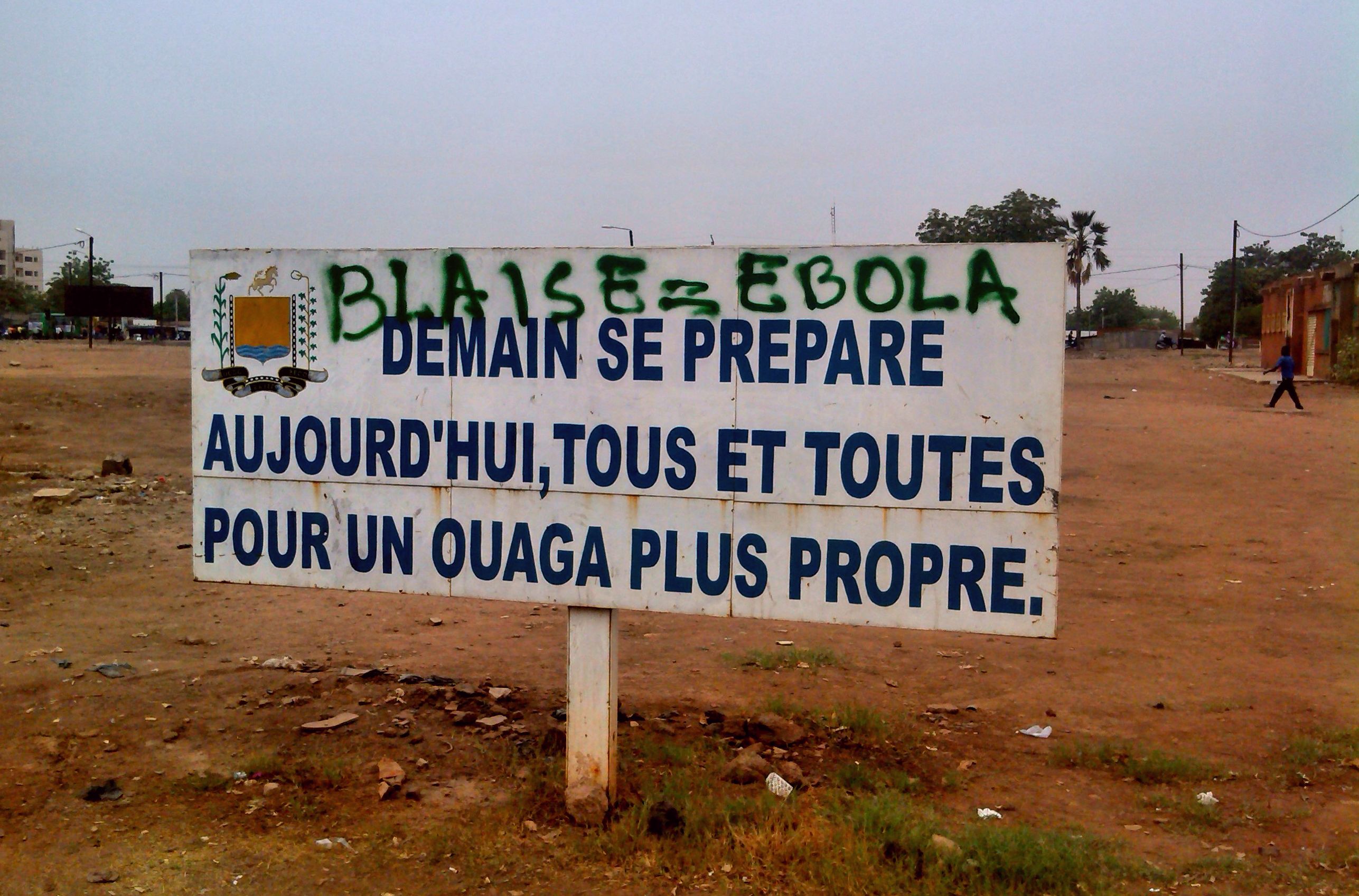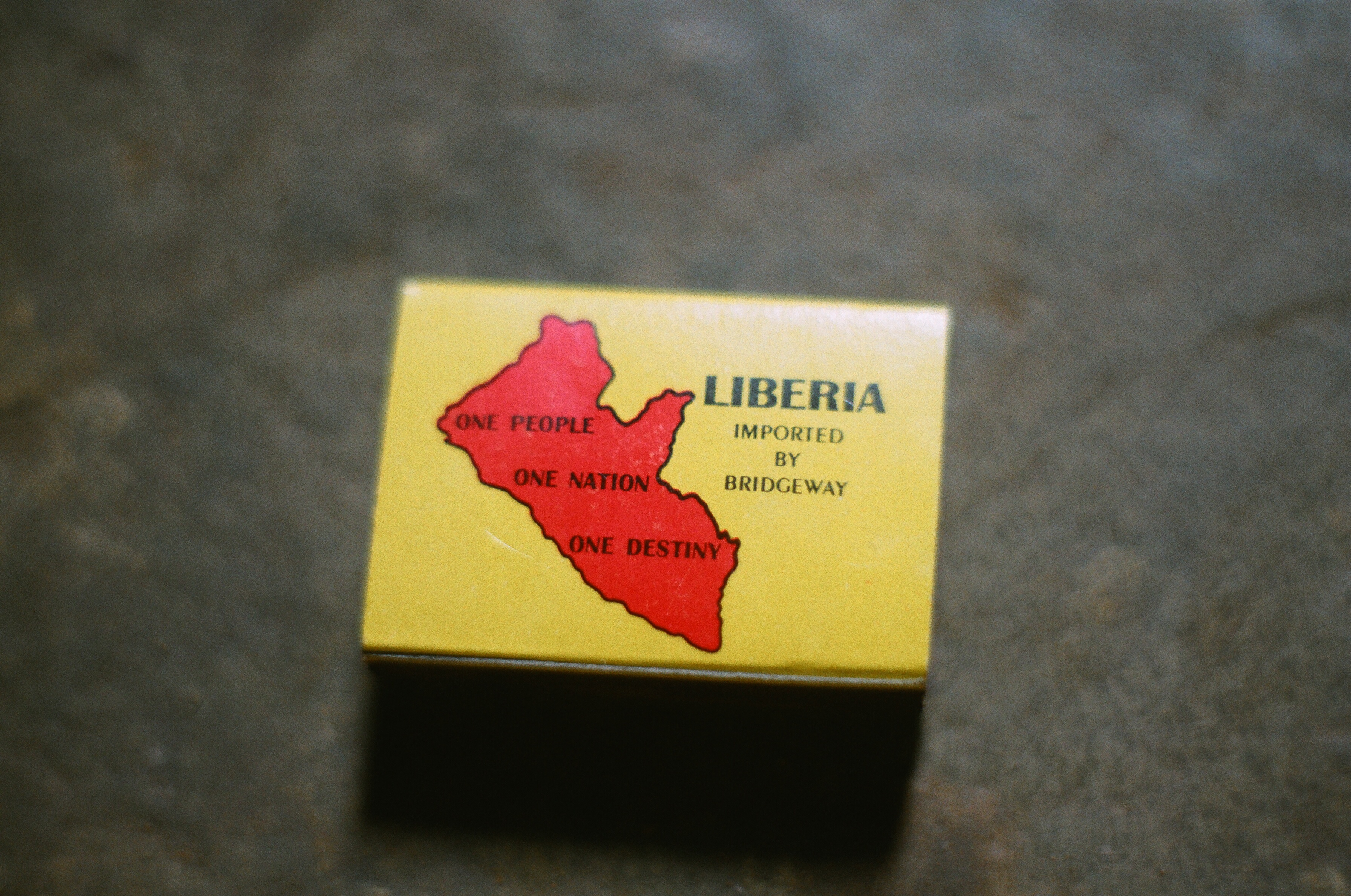Plus rien ne sera comme avant (things are never going to be the same again)! The slogan cried by protesters in the streets of Ouagadougou and other cities of Burkina Faso last October, right before the fall of Blaise Compaoré’s regime, appeared here and there in casual conversations – but this time, colored with irony. A power blackout lasting longer than usual, a workers’ strike stopping the distribution of beer all around the country, the new academic year starting with a few months delay: all everyday events and problems could become an opportunity to reflect, joke or complain on what the transitional government (leading the country until new elections scheduled for next October) had, or had not, accomplished.
CategoryGovernance
There used to be a popular computer game called SimCity. Thereby, the player was the governor of a city and took decisions on developments. By increasing the taxes or by saving too rigidly, consequences such as fires or other disasters would cause massive damage; the urban population would start protest in pixelated crowds. Many years later in real-life Monrovia, I observed governance practices which reminded me of the computer game. Policies were being put forward that even made the very government employees shake their heads.
In an earlier blog post, Mats Utas discussed the emerging Liberian middle class.[i] I found this text both refreshing and intriguing, and was asked to offer a written response to it. I hope it succeeds in developing some of the original concepts in equally refreshing and intriguing ways.
In his essay, Utas held the sport utility vehicle (SUV) as the perfect symbol of the emerging Liberian middleclass. I completely agree with this comparison (although I would say that this middle class has already emerged). Firstly, the SUV is larger than the yellow commercial taxis that those who don’t own cars need to primarily rely on. The SUV thus not only gives status, but is safer in the dangerous traffic of Liberia. Simultaneously it is important to note that SUVs are still typically cheaper than the jeeps favored by most expatriates and the elites who can afford them – thus the middle. Secondly, as they are typically equipped with larger wheels and four-wheel drive, they are much more reliable when faced with the bad infrastructure of most roads in and especially outside Monrovia. One should remember that some of the emerging “posh” areas are not easily accessible by yellow taxis: there is neither regular service there, nor would the road conditions make reaching some areas easy. Lacking infrastructure thus reinforces the separation between the have’s and the haven-not’s. Continue reading
He looks very frustrated behind the steering wheel of his SUV. He is making his way over the sandy road; crisscrossing between the people walking from the beach. There are many close escapes as his car skids in great speed and nearly out of control. Indeed when he reaches the junction he has angered enough people. Traffic is now blocking his way forward and as he tries to make his way around yet another car he must slow down. He is very intoxicated. Maybe he has been fighting his girlfriend? He is forced out of his car. An argument starts and within soon he starts to fight. A bottle cracks on his head and the situation looks ugly. The air is tense. It is in the late afternoon and a national holiday. The whole area is packed with people. Down the road riot police has just entered an area where the beach hotel holds a show. Young people are feverously trying to jump the fence and there is a scrimmage on the inside. The commander of the riot police tells me he will clear the area so we can enter in safety. There is still tension hanging in the Liberian air, but it is a different kind than during the years of civil strife. Liberia has moved on.
“Development” reflections from a long awaited return to Sierra Leone
Among my friends in Sierra Leone I have a reputation for “not knowing how to walk properly” (“waka fine”) especially at night. One time in April 2009, during field research for my PhD thesis and after a late evening visit to a friend, I even stumbled into a nasty ditch that I “should have grown used to” (so I was told) a long time ago, since I regularly frequented the same street during daylight. I ripped my jeans, received a cut on my ankle and had to suffer the amused assistance of bystanders who pulled me out of the ditch. According to next day’s gossip I managed not to cry but was so ashamed of my clumsiness that I begged my friendly helpers to please keep quiet about the incident. However, my Western inability to gracefully cope with Bo Town’s road conditions and nearly constant blackout was just too delightful.
![c9c233_296a56047d6d4e95a6a03217ab047e1e.png_srz_295_225_75_22_0.50_1.20_0[1]](http://matsutas.com/wp-content/uploads/2013/12/c9c233_296a56047d6d4e95a6a03217ab047e1e_srz_295_225_75_22_0-50_1-20_01.png) We just launched a new website with images and texts from Freetown, Sierra Leone. The site is a platform for both a photo exhibition: Pentagon (photos and texts from my fieldwork) and a film: Jew-Man Business (directed by Maya Christensen, filmed by Christian Vium and produced by me). The new website has been created by Hanna Berhanusdotter who has been an academic intern at NAI. Please have a look: http://www.economyofthestreet.com/
We just launched a new website with images and texts from Freetown, Sierra Leone. The site is a platform for both a photo exhibition: Pentagon (photos and texts from my fieldwork) and a film: Jew-Man Business (directed by Maya Christensen, filmed by Christian Vium and produced by me). The new website has been created by Hanna Berhanusdotter who has been an academic intern at NAI. Please have a look: http://www.economyofthestreet.com/
As the sun goes down in the Democratic Republic of Congo, the sound of tropical birds and insects is slowly overtaken by the groaning hums of an army of small Chinese-made generators. They each light up a few light bulbs and a transistor, creating the much-valued ambiance for which Congo is well-known—an ambiance that is consistently lubricated with fair amounts of Congo’s finest beer, the eternal leader Primus. Sweet-voiced Lingala phrases and guitar riffs from the blown speakers pay playful homage to the bliss that the beer has brought the country; as the melodies bounce off the faintly illuminated hand-painted Primus ads all over the country, they form a pleasant multisensory immersion into Congo’s soul. Just like you can get a Coca-Cola everywhere in the world, so you can get a Primus everywhere in Congo. In addition to its contracts with celebrity singers, the brewery has exclusive deals with 68.857 bars in Congo, which carry Primus-branded tables, chairs, and ashtrays. Hand-painted signs for Primus seem to paper every surface in the DRC, making Bralima’s slogan Toujours Leader! (‘Always the Leader!’) into the most-read phrase in the country.
Continue reading
On Saturday the 26th October, the Swedish National Radio broadcasts its traditional 20 minutes of economy news – ‘Ekonomiekot’. The reporter and editor Pär Ivarsson interviews national economist Peter Stein, and Stefan Kullander, Sales manager for Africa at the company ABB in Sweden. The topic of today’s program is the economic growth of Africa.
There are many things that strike me, listening to this program. Below, I have listed my four main points of critique that I hope could contribute to that ‘Ekonomiekot’ partly revises its take on economic growth, development and ‘Africa’.
First of all, the recent and frequent reports on outstanding economic growth in Africa have quickly turned this into mainstream ‘knowledge’. But, earlier this year, the Norwegian scholar Morten Jerven published his book ‘Poor Numbers – How we are misled about African development statistics and what to do about it’. Looking carefully at what is behind these numbers he concludes that “the quantitative basis for knowledge about African economic development is very fragile”. In Ekonomiekot, for example, Ghana is pinpointed as one of the more successful countries regarding economic growth. According to Jerven, Ghana’s increase in GDP depend to a large extent to use of better data and better methods for accounting. Tanzania is also mentioned, which is the country where I myself conduct field work. Certainly, there has been progress in some regions of Tanzania. However, the contrasts between a rich elite and a poor peasantry is striking, especially if you spend time in rural areas. According to some experts – inequality is only increasing.
This is a somewhat adapted English version of my text “Im Frieden hilft der General” published in the latest Issue of Welt-sichten (October 2013, pp. 45-47). see http://www.welt-sichten.org/personen/18332/mats-utas
One of the central aspects of Disarmament, Demobilization and Reintegration (DDR) programs in post-conflict settings is to break the ties between rebel commanders and their soldiers so as to make remobilization more difficult and reintegration into civilian life easier. I have over the past 17 years conducted research with ex-combatants in Liberia and Sierra Leone, two small West African countries still recovering from years of brutal rebel warfare. I have in both countries built up close relationships with former combatants and therefore dug deeper into the realities of commander/soldier networks and the socio-political realities wherein they exist. Questions I will ask in this text centers around DDR and the breaking of commander/soldier networks and I will try to answer three interdependent questions: Who benefits from this breaking of networks? And contrary in whose interest is the maintenance of these networks? Is it at all feasible, or even desirable for post-war societies to break these networks?
Last week African Arguments published a story that Prof Morten Jerven, author of ‘Poor Numbers: How We Are Misled by African Development Statistics and What to Do about It’, had been blocked from presenting his research on African statistical capacity at the UNECA. This was due to opposition to his ideas from, notably, the South African Statistician General, Pali Lehohla. The speech Jerven intended to give to the UNECA can be read here. Morten Jerven responds below.
Discussing economic statistics and GDP estimates of African economies is clearly important, but it’s also sensitive. Pali Lehohla and his self-proclaimed union of ‘African Statisticians’ are allied in a self-defeating campaign.
My book Poor Numbers has created an unprecedented argument for investing in the statistical capacity of African countries. Why would Lehohla and his silent supporters go against this? The answer is simple. Pali Lehohla and his counterparts are doing well in the current system. Any change to the status quo in the political economy of statistics in Africa is considered a threat.
© 2024 Mats Utas
Theme by Anders Norén — Up ↑

